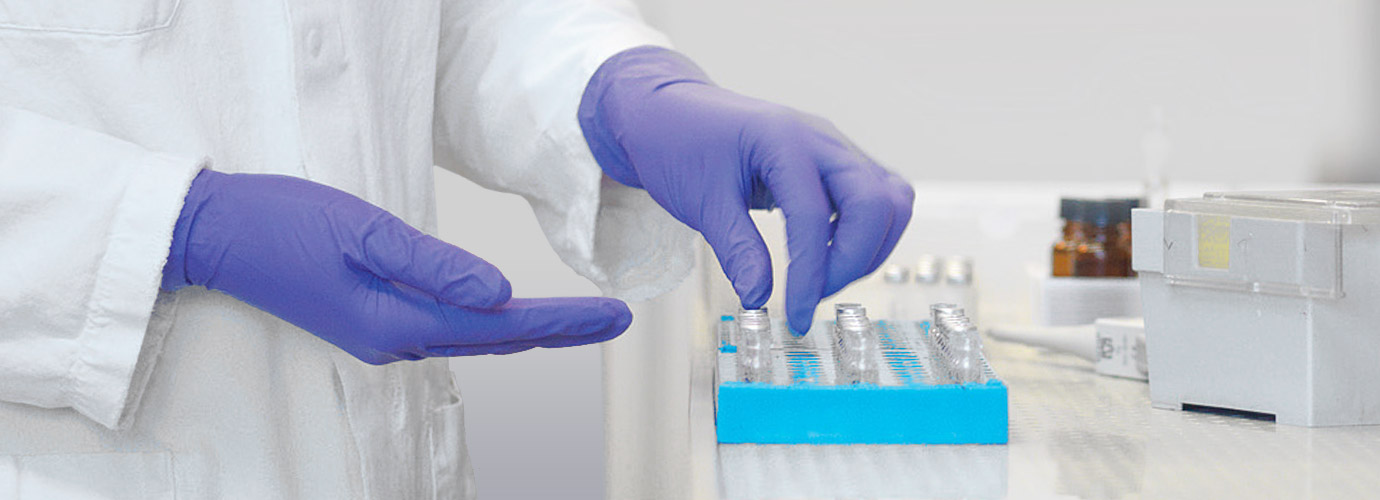Soft Drinks and Acne Vulgaris

04.2019
Author Prof. J. Spranger, University Department of Pediatrics Mainz
The pubertal rise in androgen levels triggers sebum production and in its consequence a spectrum of skin changes called acne vulgaris. Afflicting almost every adolescent they include blackheads, nodules, papules, pustules to single or confluent abscesses. Dietary factors have been implicated in their pathogenesis.
During the course of a nationwide health examination more than 8000 Chinese students completed questionnaires providing demographic information, history of diseases, use of cosmetics, itemized intake of soft drinks and other information [1]. The severity of acne was graded by certified dermatologists using a validated grading scale. After adjusting for confounders, moderate-to-severe acne was significantly associated with the daily consumption of sugared tea (aOR 2.52, p<0.001) and fruit-flavored drinks (aOR 1.9, p=0.008).
Results: Consuming carbonated sodas 7 or more times per week showed a marginally significant effect on acne. A sugar intake of 100 g or more per day lead to a threefold increased risk to have moderate to severe acne. As expected, sugar consumption, but not fluid intake, was significantly correlated with body weight. Pathogenetically, the authors remind that glucose increases postprandial insulin and serum levels of free insulin-like growth factor-1 (IGF-1) stimulating a signal cascade resulting in increased lipid biosynthesis of the sebaceous glands.
References:
[1] Huang X, Zuang J, Li J, et al. (2019) Daily intake of soft drinks and moderate-to-severe acne vulgaris in Chinese adolescents. J Pediatr 20:256-262. [2] Burris J, Rietkerk W, Woolf K (2014) Relationships of self-reported dietary factors and perceived acne severity in a cohort of New York young adults. J Acad Nutr Diet 11: 384-392.


